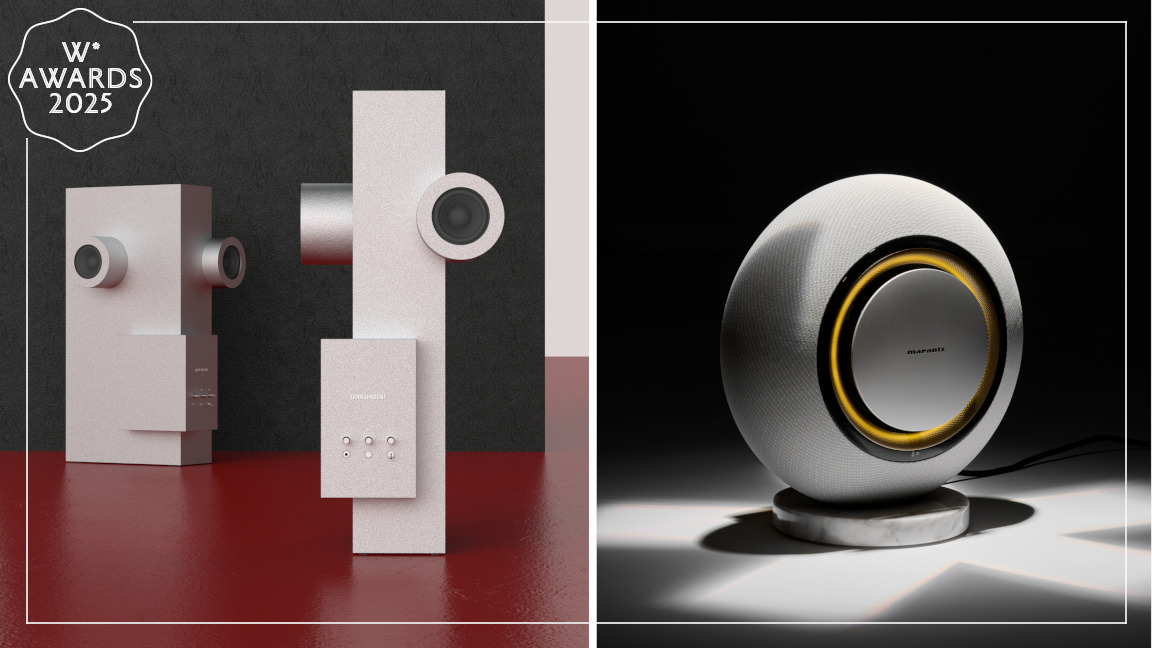
Across great swathes of the creative industries, there’s a feeling that AI is to innovation as a simmering pan of water is to the future well-being of a frog. We’re being slow-boiled from the inside, all in the name of new tools, faster shortcuts and quicker, shinier visuals, with the source material becoming increasingly tainted as the feedback loop grows stronger. And yet AI continues to fascinate even as it hollows out all creative and intellectual pursuits.
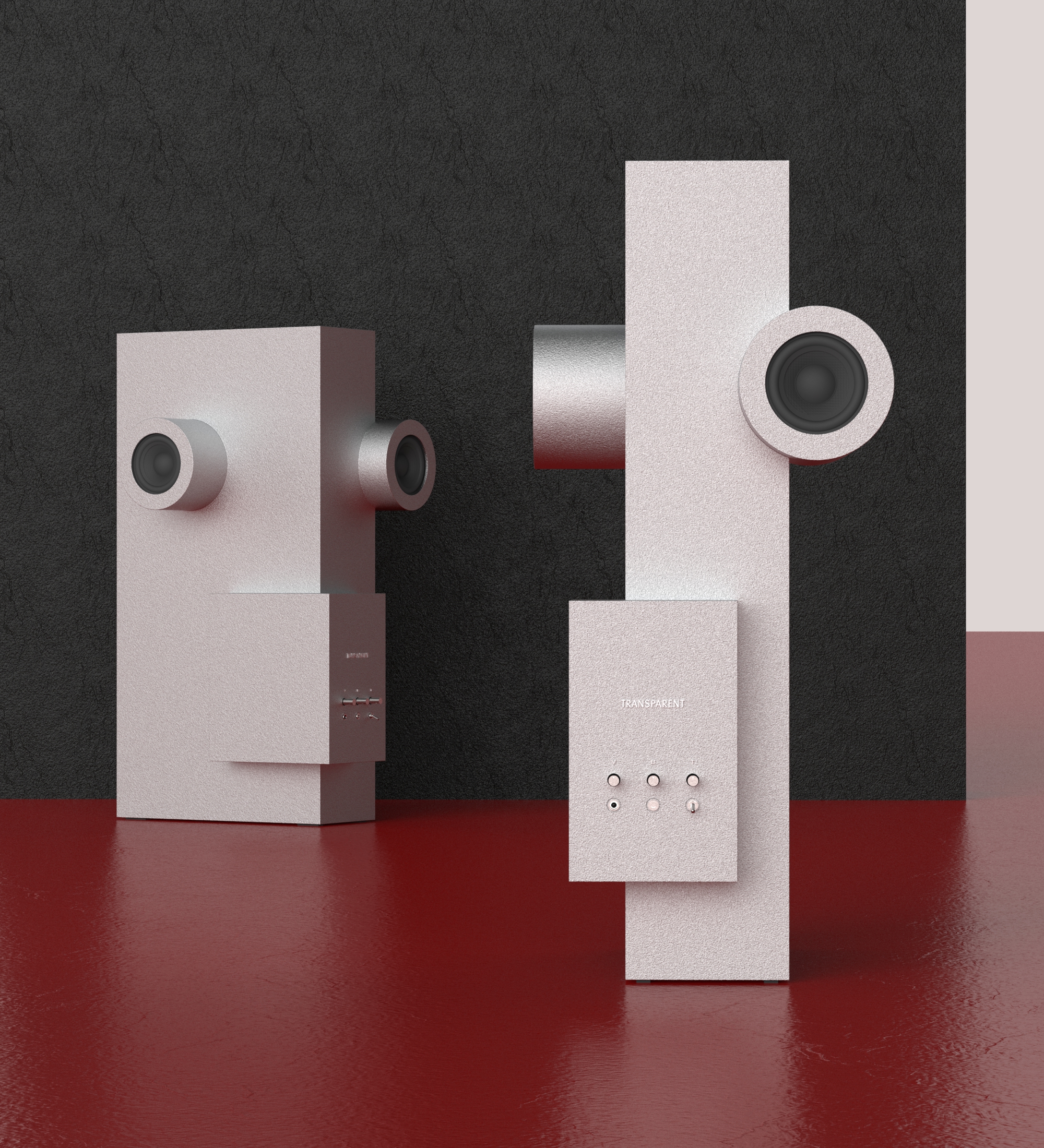
Along with the crowd of willingly deployed AI-powered personal assistants, help desks, romantic companions and therapists has come a fresh wave of catfish, scammers and malicious actors. It will only get worse. The incoming US administration promises a bonfire of bureaucracy and legislation.
In October 2023, President Biden issued an executive order that sought to impose limitations on unchecked AI use, promising standards that would ensure ‘AI systems are safe, secure and trustworthy’ and require developers ‘share their safety test results and other critical information with the US government’, as well as install other safeguards. Big tech doesn’t want these pesky guardrails and now has the power to rip them out.
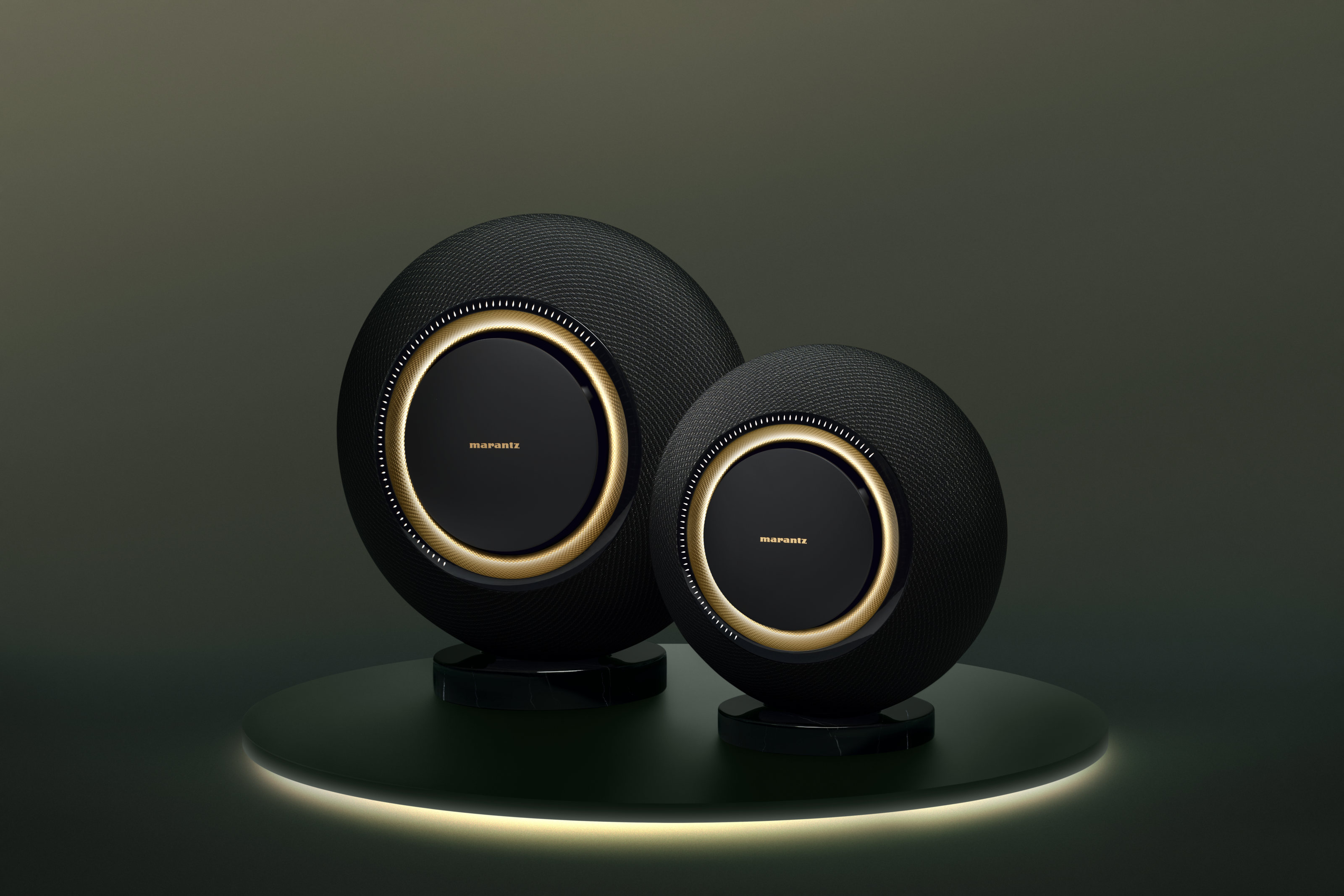
To the layperson, the attitude of big AI seems to be ‘generate first, ask questions later’, and scrambles to ban deep-faked videos, voices, nudes, party political broadcasts, celebrity commentary and news reports simply up the ante between what’s real and what’s not. Turns out the pope’s imaginary passion for a Moncler puffer was the least of our problems.
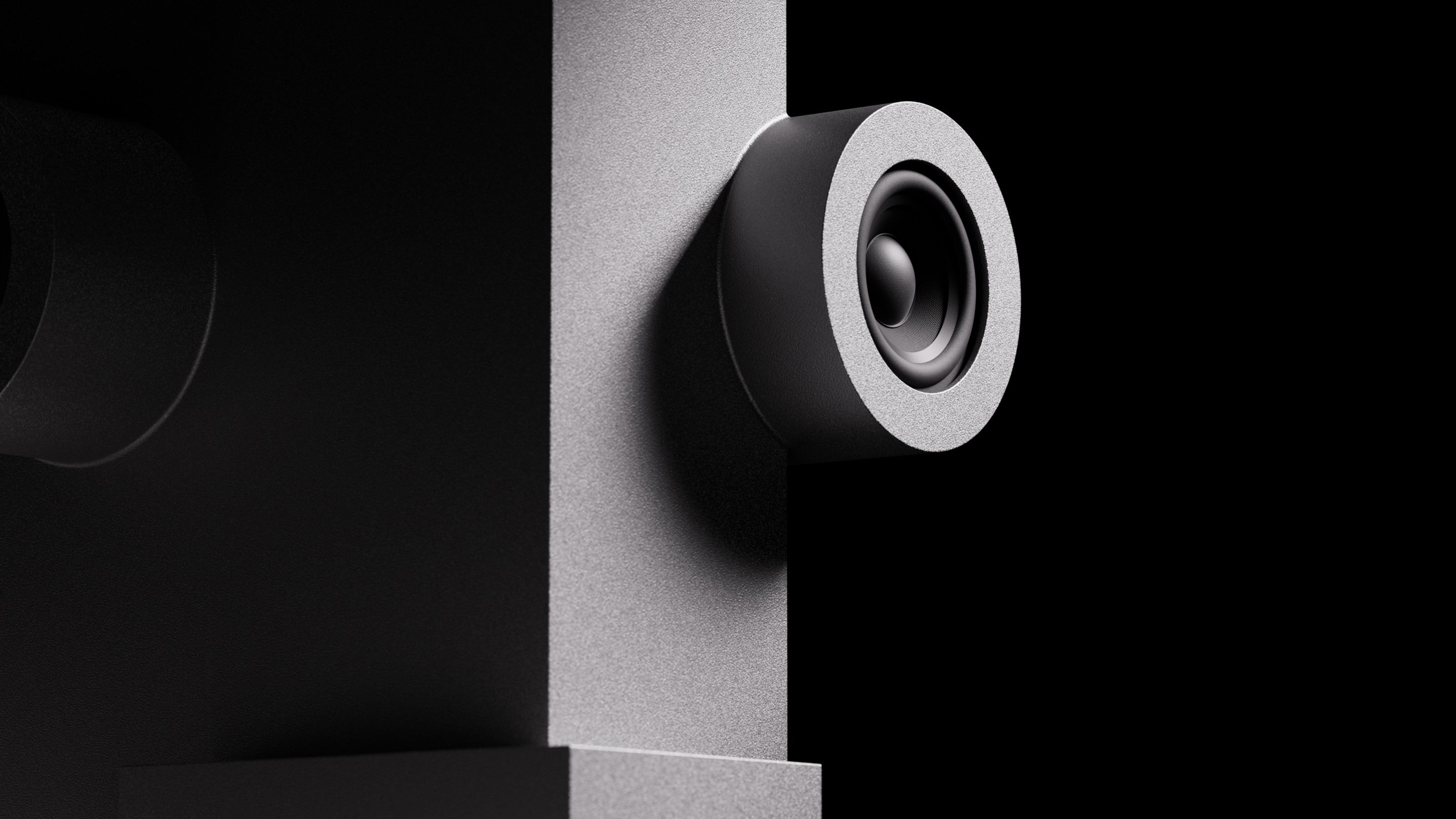
Beneath the memes, the generic imagery and the generative loungecore aural wallpaper, there are real concerns, ghosts in the machine that no one really wants to examine. Humans are very good at seeing shapes in the dark. Scarcely a day goes by without a headline attributing some form of malice or stupidity to an AI (‘An AI-powered robot autonomously convinced 12 showroom robots to “quit their jobs” and follow it’; ‘Google’s AI chatbot Gemini tells user to “please die” and “you are a waste of time and resources”’), and we, the frogs, sit and watch and wonder why it’s getting quite so hot.
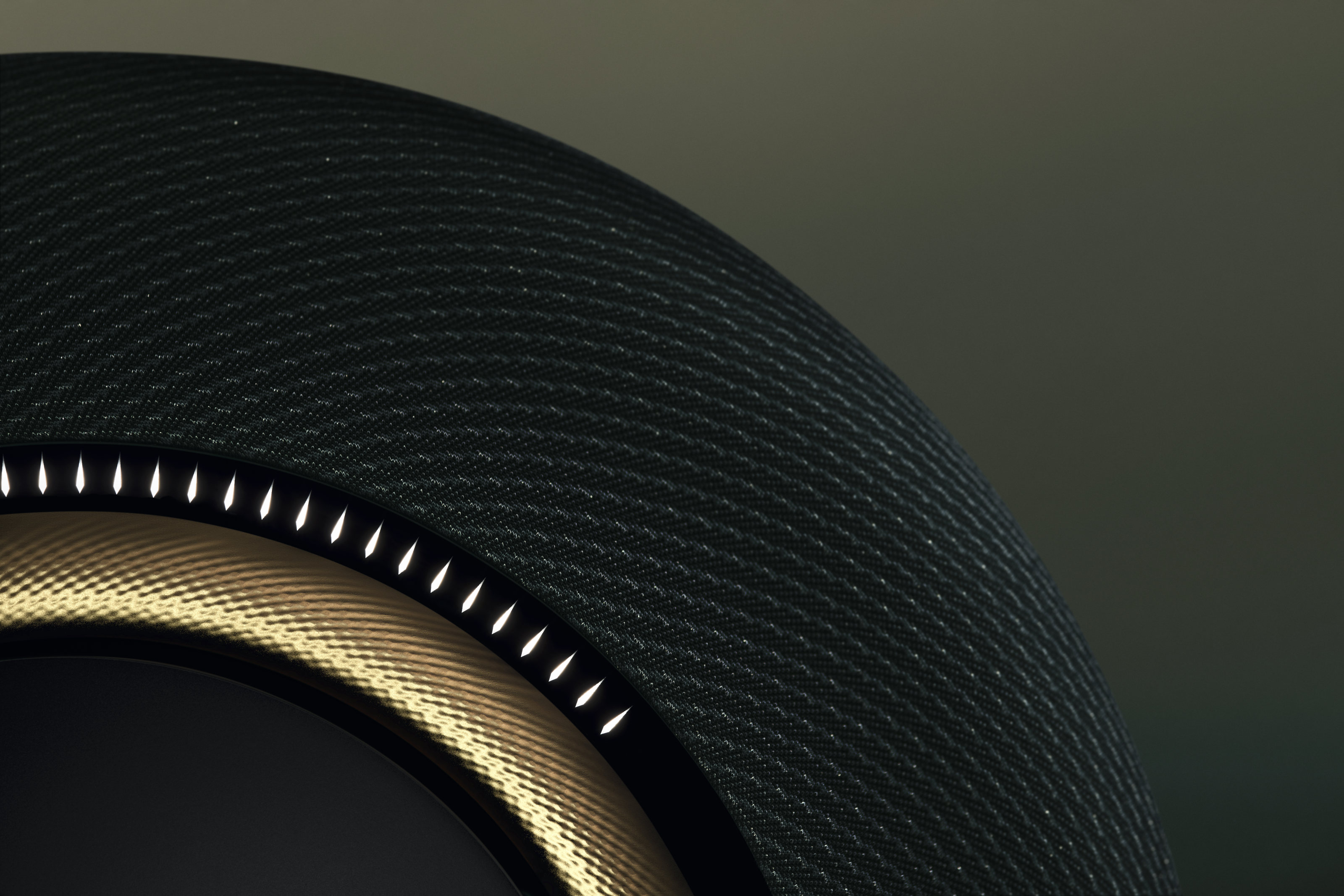
So we’re giving an anti-award to AI for 2025, not because we’re stubborn Luddites, but because the catch-all phrase ‘AI’ embodies so much as to be meaningless, and you should be wary of anyone slinging it around as a way of generating buzz. Happily, we can still find relief in the shape of traditional tech with a craft and weight and sense of durability. Now we’ve all uploaded so much valuable information to the myriad clouds that are increasingly darkening the skies, a retreat into the reassurance of physicality feels like a quenching balm.
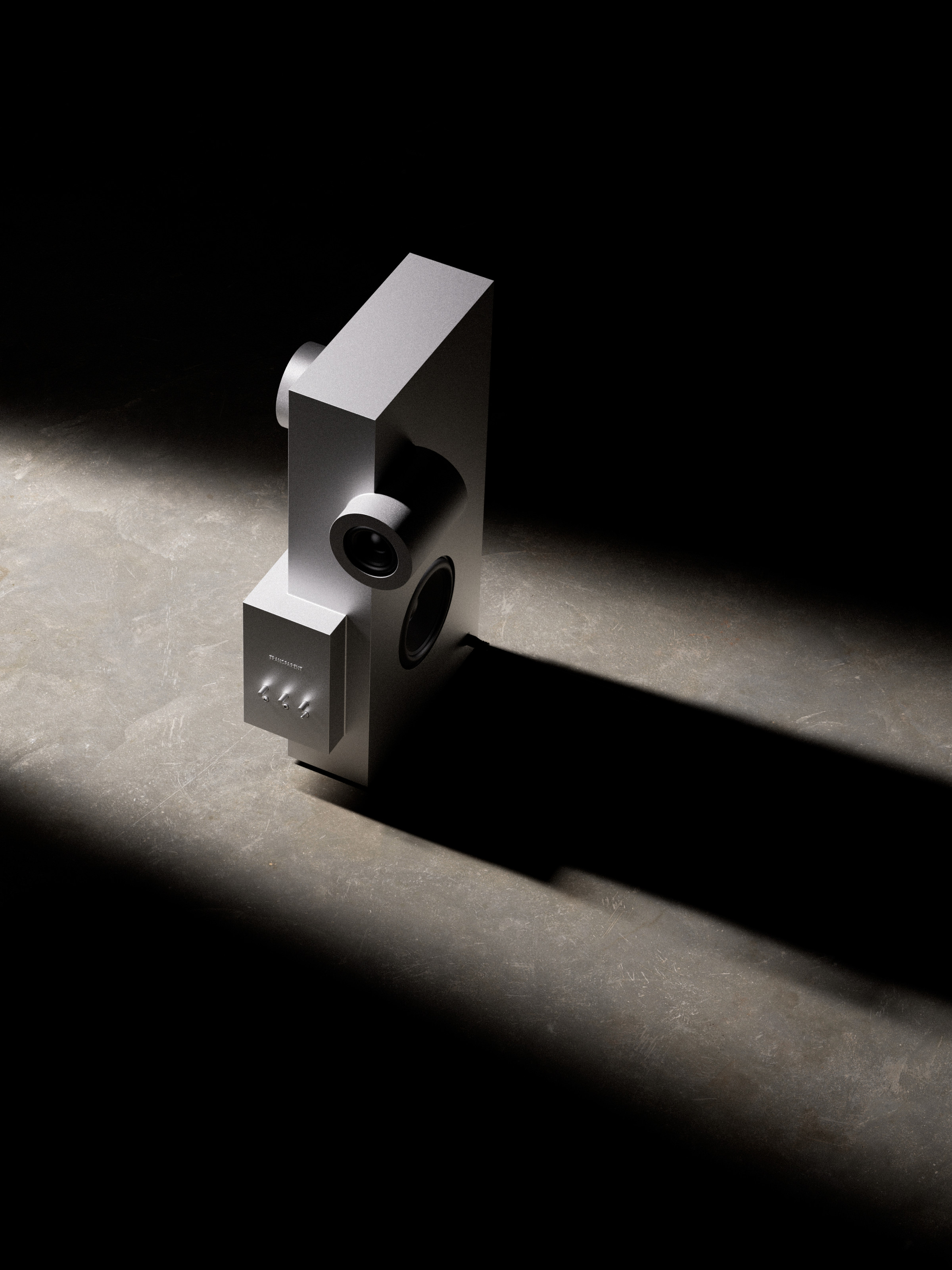
Into this category we’d put new speakers from Marantz and Transparent. The former is the midcentury modern yin to the latter’s deliberately brutal yang. The Grand Horizon takes the concept of a wireless speaker and turns it up to the max, adding in high-quality materials, a bold form factor and a serious amount of power. The system is available in three different finishes, Midnight Sky, Moon Ray and Marantz Champagne, and the speaker sits on a base made from natural marble, with different types of stone for each colourway.
The circular form, a nod to Marantz’s ‘porthole’ motif, serves as the core of the subwoofer driver system itself, with interactive lighting around the edge of the circle to indicate the touch-sensitive volume level. The placement of the subwoofer and the mid-range units are such that sound flows out from the centre of the device, providing a surround-sound experience with a single unit. At the same time, its room-filling capabilities are bolstered by Marantz’s software, controlled via its HEOS app, which gives the listener the ability to tweak the EQ to their heart’s content.
Meanwhile, Transparent’s Brutalist speaker is an aluminium sentinel that bristles with abstract sculptural presence, a stark reminder that technology is almost always better when it’s seen as well as heard. Designed by Per Brickstad, Magnus Wiberg and Martin Willers’ Stockholm-based electronics firm, the Brutalist stands tall, sounds mighty, and is fully signed up to a more circular, non-disposable future.
Elsewhere, Bang & Olufsen continue to bang the sustainable drum, with its elegant Beoplay H100 headphones and Eleven earbuds both demonstrating that repairability can be a trait of micro-scaled electronics, if you just try hard enough.
Longhand enthusiasts can now add colour to their scribbles with reMarkable’s Paper Pro model and still reap the benefits of digital connectivity without discarding their signature scrawl. Image-makers can also take a more physical, hands-on approach.
Alongside a resurgence in traditional film cameras and even ‘vintage’ digital cameras, models like the Leica D-Lux 8 and Fujifilm X100VI demonstrate that old form factors are still the best way of crafting a connection with a machine.
Slow down, step back, and let your digital personal assistants tie themselves in knots trying to summarise and schedule their own demented ramblings. Our advice for 2025? Embrace artists who challenge the technology to showcase its shortcomings and lay bare its biases, but not those who see a future in generative ‘culture’, endless recursion and push-button analysis. Tread more carefully with new tech, don’t tick every checkbox and learn to filter out lazy AI stodge. There’ll be a lot more where that came from.
Wallpaper* Design Awards 2025 winners: Tech
Brutalist speakers, £3,200 each, by Transparent, transpa.rent
Grand Horizon speaker, £5,250, by Marantz, marantz.com
Bang & Olufsen Beoplay H100, £1,299 , bang-olufsen.com
reMarkable Paper Pro, £559, remarkable.com
Leica D-Lux 8, £1,450, leica-camera.com
Fujifilm X100VI, £1,599, fujifilm.com







